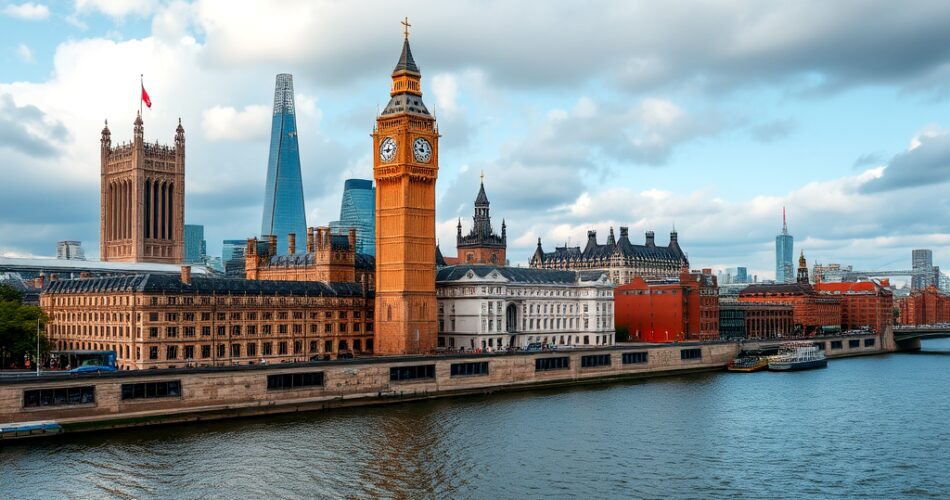Understanding British nationality can be a bit tricky, but let’s break it down step by step. Here’s an overview of the different types of British nationality you might encounter.
1. British Citizenship
- What it is: This is the most common type of British nationality.
- Rights: If you are a British citizen, you can live and work in the UK without any immigration restrictions. You can also get a UK passport.
- How you get it: You might be a British citizen based on:
- Where you were born
- Your parents’ circumstances when you were born
- Important Note: Just being born in the UK doesn’t automatically make you a British citizen.
2. British Overseas Territories Citizen
- What it is: This nationality is for people connected to one of the British Overseas Territories, like Bermuda or Gibraltar.
- Rights: You may live in the territory but not automatically in the UK.
- How you get it: Usually, you become this citizen if you were born in a British Overseas Territory or have a parent who is a citizen.
3. British Overseas Citizen
- What it is: This type is for people who used to be British subjects before 1983 but don’t have a right to live in the UK.
- Rights: You don’t have the same rights as British citizens and cannot easily live in the UK.
- How you get it: Typically acquired by people from former British colonies.
4. British Subject
- What it is: This was mainly for people who were part of the British Empire and do not hold any other form of British nationality.
- Rights: Their rights can vary, and they do not have the same rights as British citizens.
- How you get it: Generally, you were a British subject if you were born before 1983 and your citizenship status has not changed.
5. British National (Overseas)
- What it is: This is a special status for people from Hong Kong who were British citizens before the handover to China in 1997.
- Rights: You have some rights but not the same as British citizens. You cannot live in the UK without a visa.
- How you get it: Specifically for those who were British citizens in Hong Kong before the change in sovereignty.
6. British Protected Person
- What it is: This is for individuals from certain countries who have a connection to the UK but are not British citizens.
- Rights: You have some limited rights and protections but cannot live in the UK without permission.
- How you get it: Usually granted to people from former British protectorates.
Becoming a British Citizen
If you’re not a British citizen but want to be, there are ways to apply:
1. Register as a British Citizen
- Who can do it: If you have another type of British nationality, you might be able to register.
2. Naturalisation
- What it is: This is the process by which a foreign national can become a British citizen.
- Who can do it: Generally, if you have settled in the UK and meet certain criteria, you can apply for naturalisation.
Conclusion
Understanding British nationality is important, especially if you’re planning to live or work in the UK. Each type of nationality has its own rules and rights, so it’s essential to know where you fit in. If you’re unsure about your status, you can check or seek help to determine if you are a British citizen or belong to another type of nationality.

